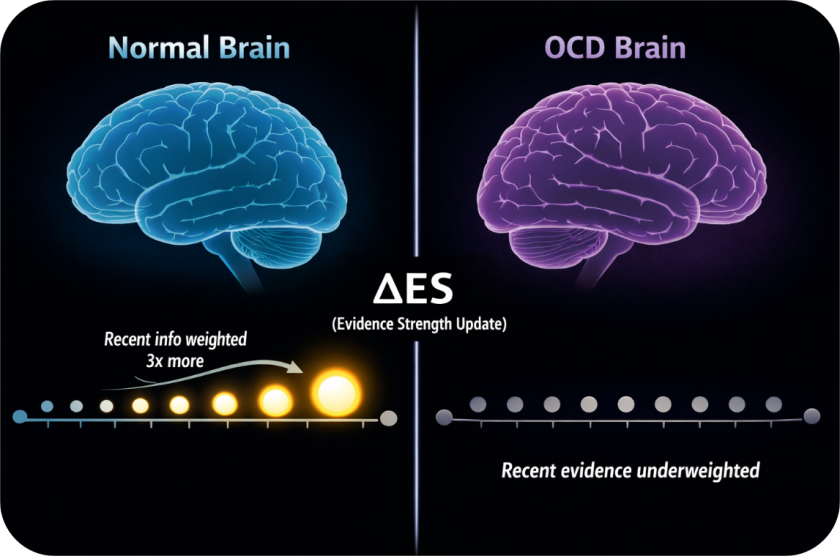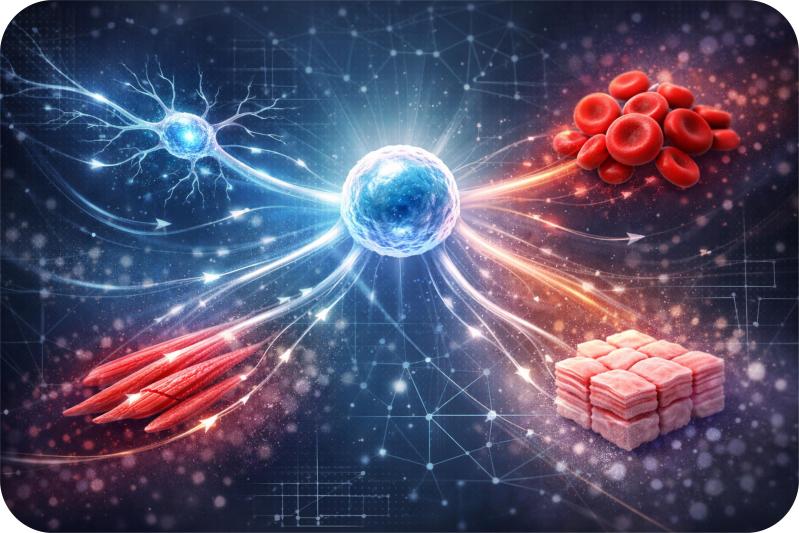A recent study has managed to unlock an important mystery of brain chemistry during sleep. The said study published in Science Magazine found that the brain cleans itself from toxins while a person sleeps. The research team suggested that inability to get rid of toxins may be related to certain brain disorders.
“Sleep changes the cellular structure of the brain. It appears to be a completely different state,” said Maiken Nedergaard, M.D., D.M.Sc., co-director of the Center for Translational Neuromedicine at the University of Rochester Medical Center in New York, and lead author of the research article.The research conducted on mice showed that their glymphatic system—otherwise known as “glymphatic clearance pathway” is a functional waste clearance pathway for the mammalian central nervous system (CNS)—enlarges during sleep, and is reduced in size when they are awake. Glial channels carrying Cerebrospinal Fluid (CSF) was estimated to be 60% larger while asleep in comparison to its size while awake.
“There is good data on memory and learning, the psychological reason for sleep. But this is the actual physical and chemical reason for sleep, something is happening which is important.” Stated Dr Neil Stanley, a sleep expert, in comment on the study.
The new discovery may be the answer to a previous research published earlier this year, which found that lack of sleep dramatically alters body, without revealing the reason behind such changes. The former study found that sleeping less than 6 hours a night for a week altered the activity of hundreds of genes.
Dr Nedergaard stated that this is a “vital” function for staying alive, which was not observed while the mind was awake. Dr. Nedergaard further stated that this study was conducted on mice, and results will remain as speculations with regards to human brain. Accordingly, human studies are due now to confirm significance of such a research and its relativity to humans.
Photo via: Nedergaard Lab, University of Rochester Medical Center




